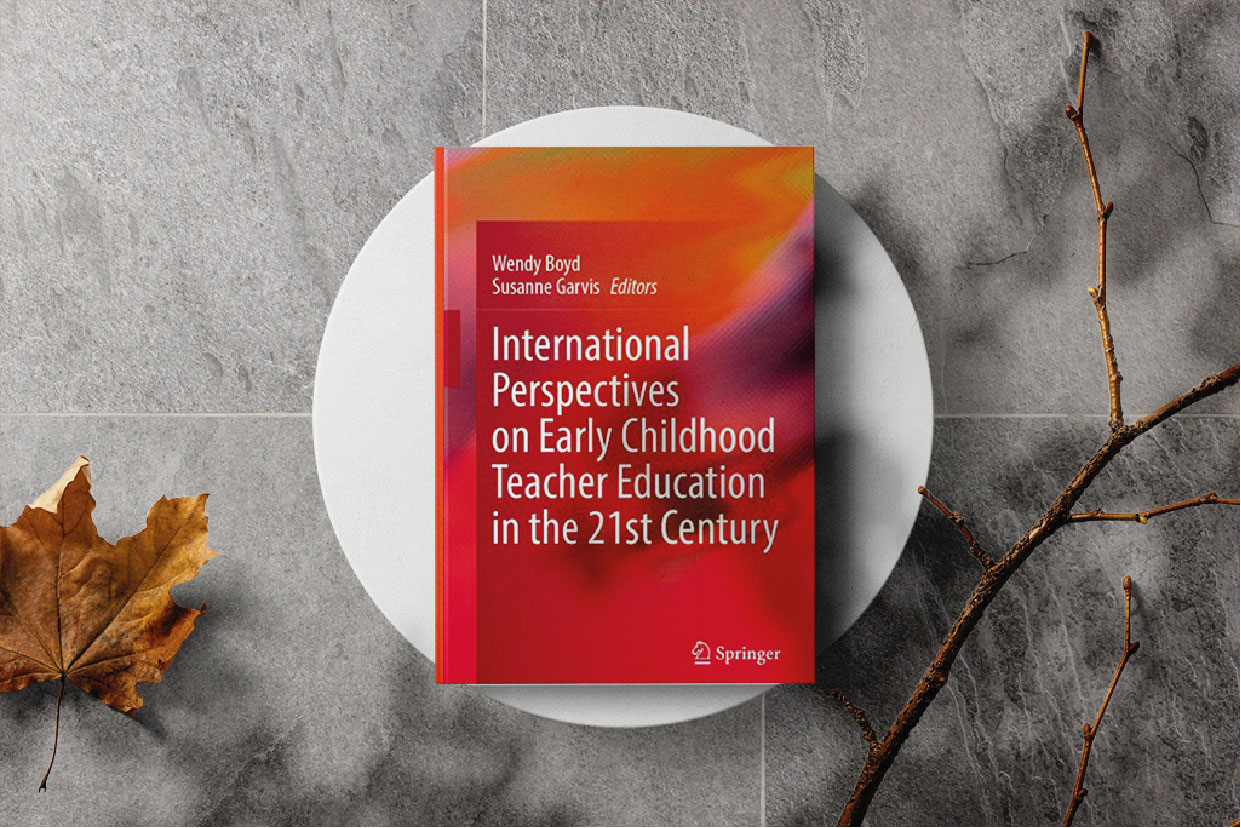In October 2021, the book “International Perspectives on Early Childhood Teacher Education in the 21st Century” edited by Wendy Boyd and Susanne Garvis, was issued by Springer.
Associate Professor Igor Shiyan, Associate Professor Olga Shiyan, Associate Professor Tatiana Le-van, and Junior Research Fellow Anna Yakshina from the Laboratory of Child Development at the MCU’s Research Institute of Urban Studies and Global Education contributed to the book with the chapter “Development of Preschool Teacher’s Competences as a Way to Increase the ECE Quality“. The chapter is devoted to the problems and tasks of the development of preschool teachers’ professional education in Russia. The text provides a brief description of the preschool education system in Russia and new principles of advanced training for preschool teachers based on reflective teaching action. The authors consider reflection as a teacher’s self-study when he correlates his aims and actions with the child’s reactions, analyzes the arisen contradictions, and relates them with his own experience.
The study is based on the interaction between the quality of the structure and the quality of the process in preschool education as well as the analysis of its influence on child development. The authors understand the quality of the structure as the conditions for children and teachers, which are created on the levels of the education system, organization, group, and staff. The authors accentuate the last level and provide the data on the influence of education of teachers, their experience, and the nature of vocational training on the quality of the process.
One of the conclusions of the study is the need for the development of professional competencies of preschool teachers. The article describes the results of approbation of the model for the development of reflection of preschool teachers through the mastering of cultural tools. “Professional glasses” is one of the tools which allows to observe the situation in the group and focuses on the development potential of adults’ actions and children’s reactions. Another tool is “navigators” which allow for the analysis of possible development effects of each situation and the conditions necessary for it. Approbation shows that reflective in-service training helps to increase the competence of teachers.
The authors shared their opinion on the role of professional reflection:
Professional reflection has to become the leading approach to continuous teacher training

